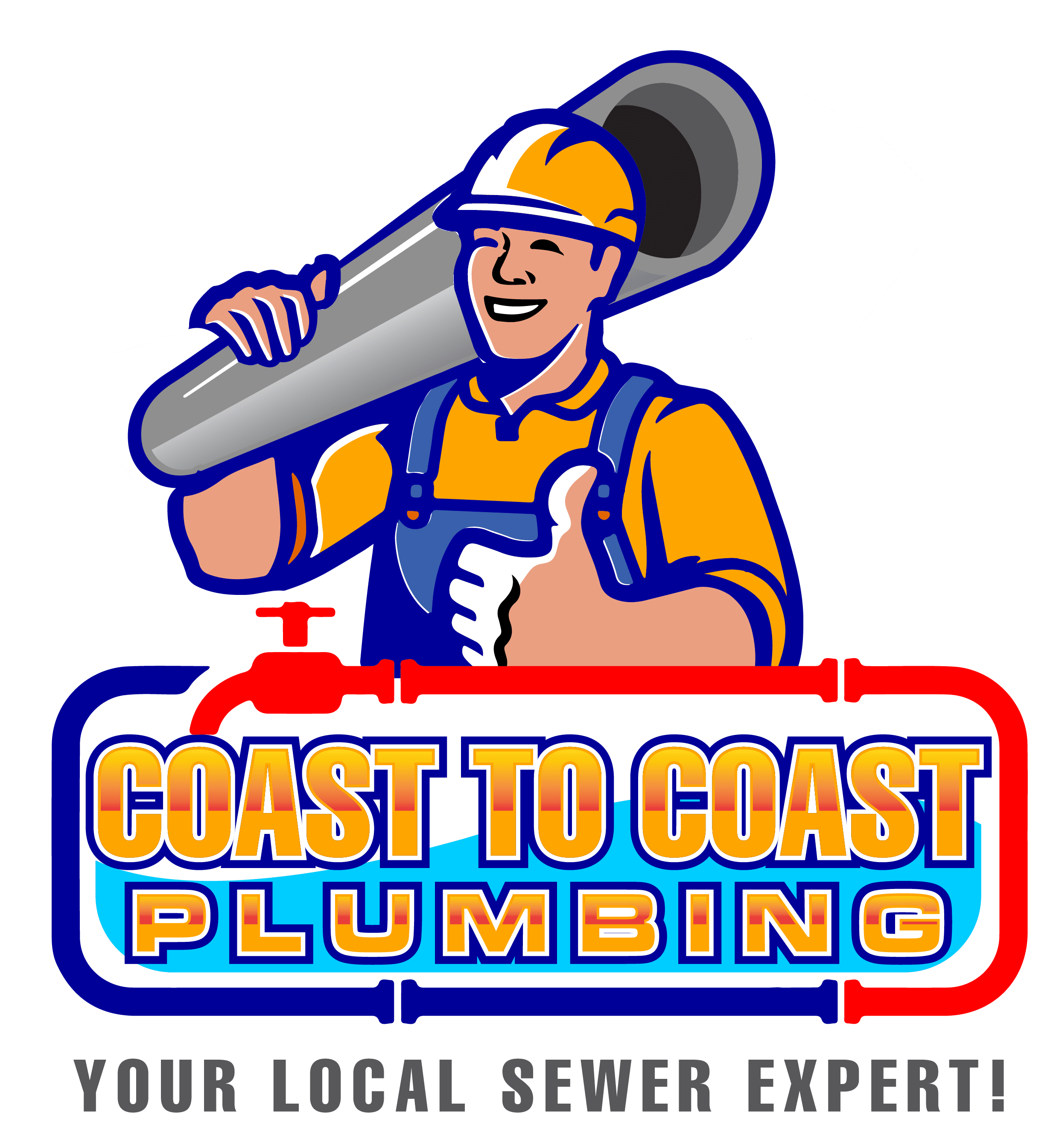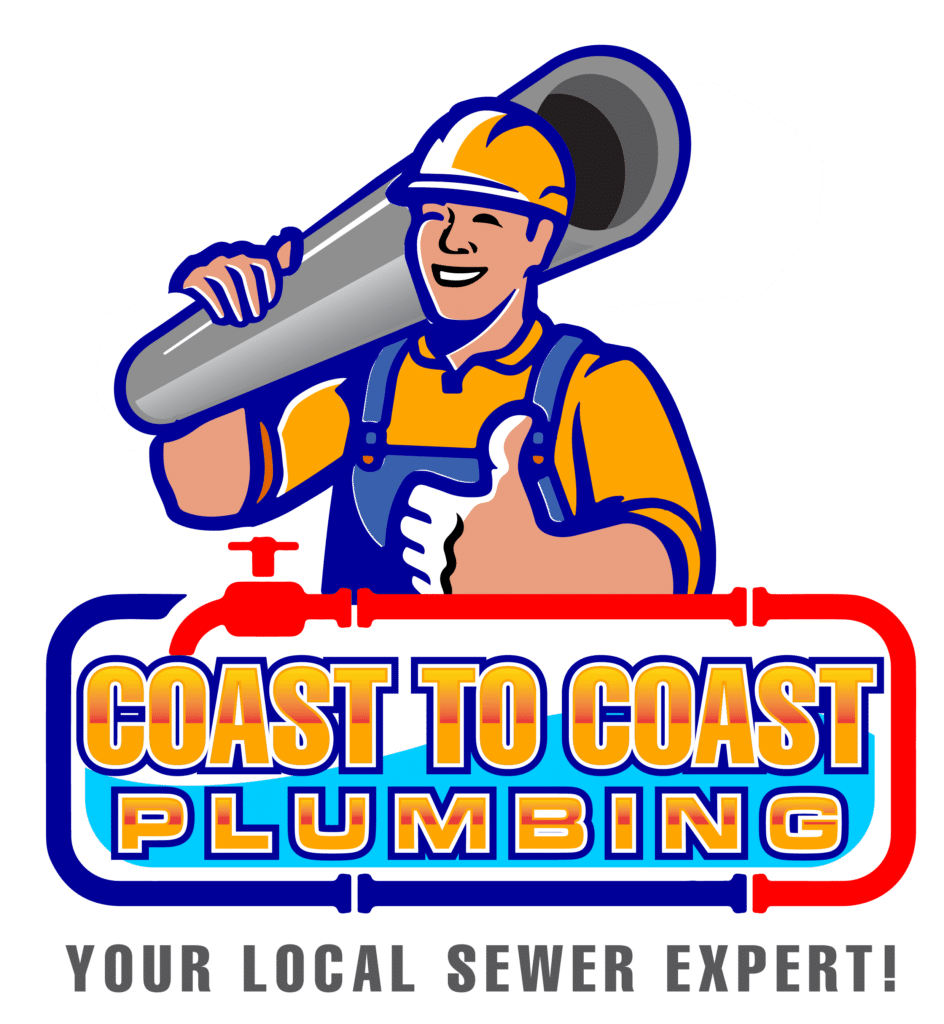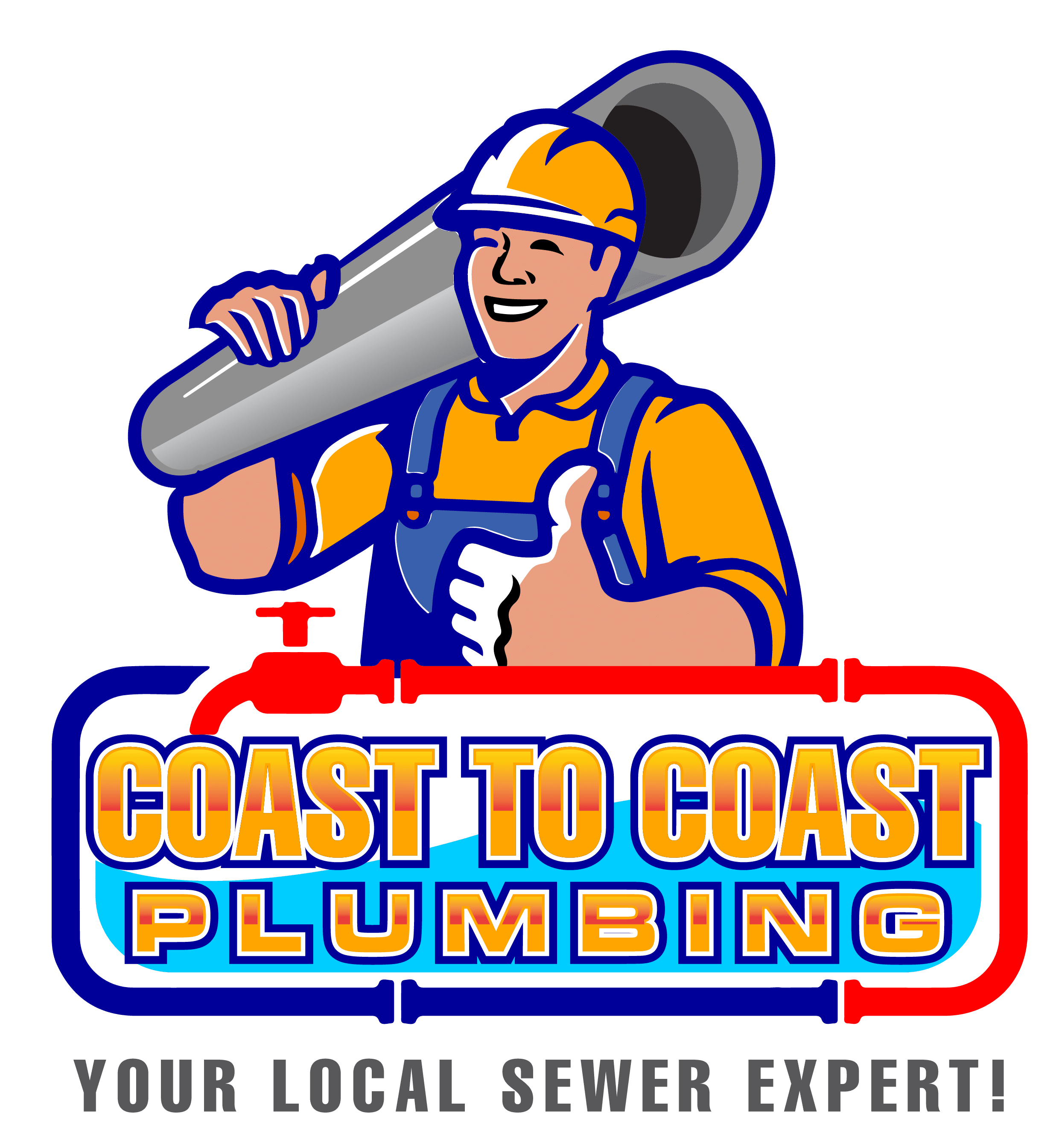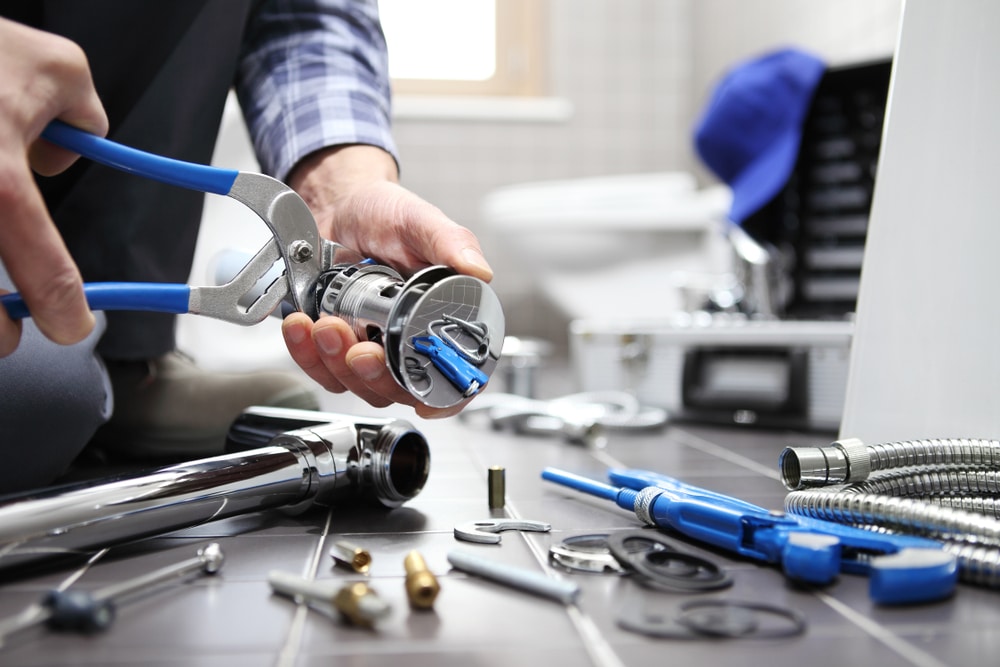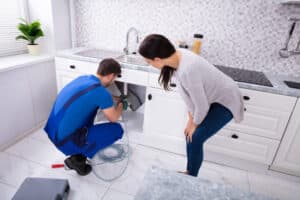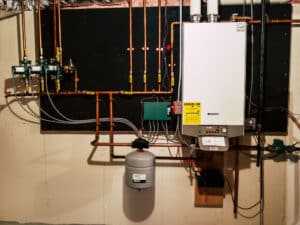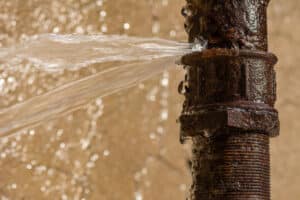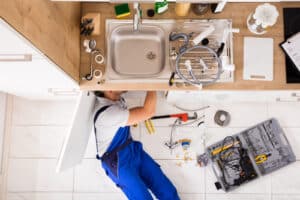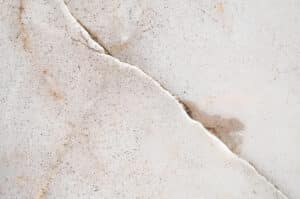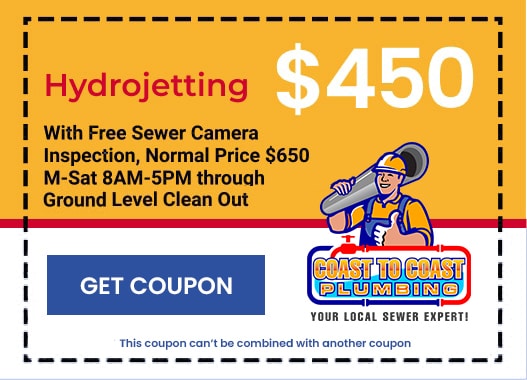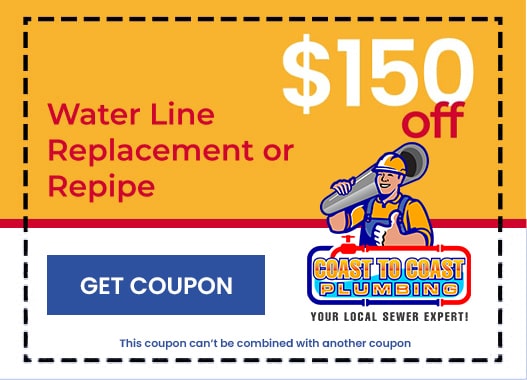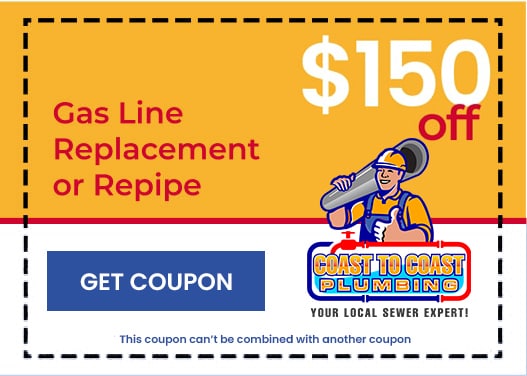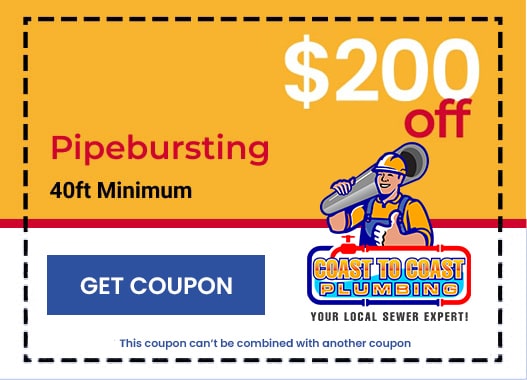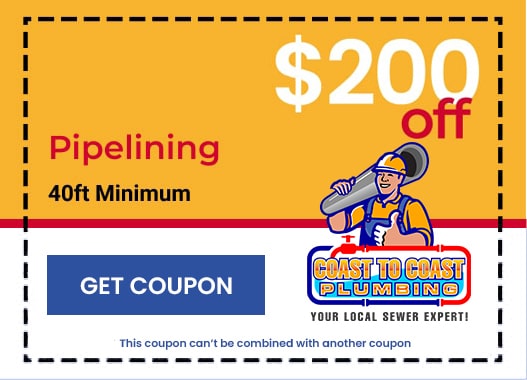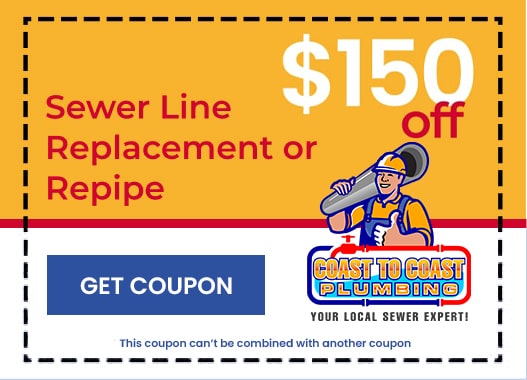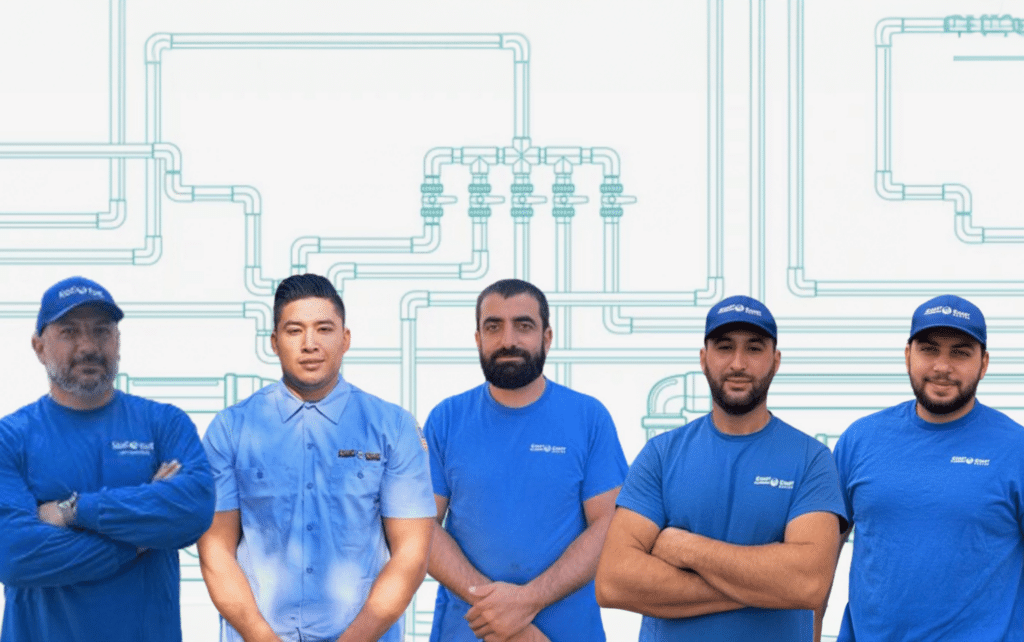Plumbing is an essential part of our everyday lives that ensures we have access to clean water and proper sanitation. However, most people don’t give their plumbing system much thought until something goes wrong. A burst pipe, a clogged drain, or a leaky faucet can quickly turn into a nightmare if not addressed promptly. That’s why it’s crucial to have a plumbing maintenance checklist to ensure everything is running smoothly. In this article, we’ll explore the top plumbing maintenance tasks you should perform regularly to keep your plumbing system in top condition.
The Importance of Plumbing Maintenance
Regular plumbing maintenance is essential to prevent potential disasters from taking place. It can save you time, money, and headaches in the long run. By performing regular maintenance, you can identify problems before they become major issues that require expensive repairs. Additionally, regular maintenance can help extend the life of your plumbing system and ensure it operates efficiently.
Signs That Your Plumbing Needs Maintenance
There are several signs that your plumbing system needs maintenance. Some of the most common signs include low water pressure, slow draining sinks, foul smells, and strange noises coming from your pipes. If you notice any of these signs, it’s crucial to take action promptly. Ignoring these symptoms can lead to more severe problems down the line, such as burst pipes or water damage.
Plumbing Maintenance Checklist for Spring
Spring is an excellent time to perform plumbing maintenance tasks. Here are some tasks you should include in your spring plumbing maintenance checklist:
1. Check for leaks
Check all your faucets, showerheads, and pipes for leaks. Even small leaks can lead to significant water waste and cause damage to your property. If you find any leaks, repair them promptly.
2. Inspect your toilet
Check your toilet for any leaks or running water. A running toilet can waste a significant amount of water and lead to a higher water bill.
3. Test your sump pump
If you have a sump pump, test it to ensure it’s working correctly. A malfunctioning sump pump can cause flooding and water damage.
4. Clean your gutters
Clean your gutters to ensure they’re free of debris. Clogged gutters can cause water to back up and damage your roof and foundation.
Plumbing Maintenance Checklist for Fall
Fall is another excellent time to perform plumbing maintenance tasks. Here are some tasks you should include in your fall plumbing maintenance checklist:
1. Insulate your pipes
Insulate your pipes to prevent them from freezing during the winter months. Frozen pipes can burst and cause significant water damage.
2. Drain and flush your water heater
Drain and flush your water heater to remove any sediment buildup. Sediment buildup can cause your water heater to work less efficiently and lead to premature failure.
3. Check your sump pump
Check your sump pump to ensure it’s working correctly before the winter months. Heavy rainfall and snowmelt can cause flooding, and a malfunctioning sump pump can lead to water damage.
4. Clean your drains
Clean your drains to remove any buildup and prevent clogs. Clogged drains can cause water to back up and lead to water damage.
DIY Plumbing Maintenance Tips
While some plumbing maintenance tasks require the expertise of a professional plumber, there are several tasks you can perform yourself. Here are some DIY plumbing maintenance tips:
1. Check your water pressure
Check your water pressure regularly to ensure it’s within the recommended range. High water pressure can damage your plumbing system and appliances.
2. Use drain strainers
Use drain strainers to prevent hair, soap, and other debris from clogging your drains.
3. Replace your washer hoses
Replace your washer hoses every five years to prevent leaks and water damage.
4. Use a plunger
Use a plunger to unclog minor drain clogs. Avoid using chemical drain cleaners, as they can damage your pipes.
When to Call a Professional Plumber
While some plumbing tasks can be performed by homeowners, others require the expertise of a professional plumber. Here are some situations where you should call a plumber:
1. Burst pipes
If you have a burst pipe, turn off your water supply immediately and call a plumber. Burst pipes can cause significant water damage and require immediate attention.
2. Sewer line backups
If you have a sewer line backup, call a plumber immediately. Sewer line backups can cause foul odors and pose health hazards.
3. Water heater issues
If you’re experiencing issues with your water heater, such as no hot water or strange noises, call a plumber. Water heater issues can be dangerous and require professional attention.
4. Gas line issues
If you suspect a gas leak, turn off your gas supply immediately and call a plumber. Gas leaks can be dangerous and require immediate attention.
Common Plumbing Problems and How to Prevent Them
There are several common plumbing problems that homeowners face. Here are some of the most common plumbing problems and how to prevent them:
1. Clogged drains
Clogged drains are a common plumbing problem that can be prevented by using drain strainers and avoiding pouring grease down the drain.
2. Leaky faucets
Leaky faucets are often caused by worn-out washers or O-rings. Replace these parts promptly to prevent further damage.
3. Running toilets
Running toilets are often caused by a faulty flapper valve. Replace this valve promptly to prevent water waste.
4. Burst pipes
Burst pipes are often caused by freezing temperatures. Insulate your pipes and keep your home heated to prevent freezing.
Benefits of Regular Plumbing Maintenance
Performing regular plumbing maintenance has several benefits, including:
1. Lower water bills
By fixing leaks and addressing other issues promptly, you can reduce your water usage and lower your water bills.
2. Fewer plumbing emergencies
Regular maintenance can identify potential problems before they become plumbing emergencies that require expensive repairs.
3. Longer lifespan for your plumbing system
By maintaining your plumbing system regularly, you can extend its lifespan and avoid premature failure.
Plumbing Maintenance Costs
The cost of plumbing maintenance varies depending on the tasks performed and the plumber’s hourly rate. However, the cost of regular maintenance is significantly lower than the cost of emergency repairs or replacing your plumbing system.
Conclusion
Regular plumbing maintenance is crucial to prevent potential disasters from taking place. By performing regular maintenance, you can identify problems before they become major issues that require expensive repairs. Additionally, regular maintenance can help extend the life of your plumbing system and ensure it operates efficiently. By following the plumbing maintenance checklist outlined in this article and knowing when to call a professional plumber, you can keep your plumbing system in top condition and avoid expensive repairs down the line.
